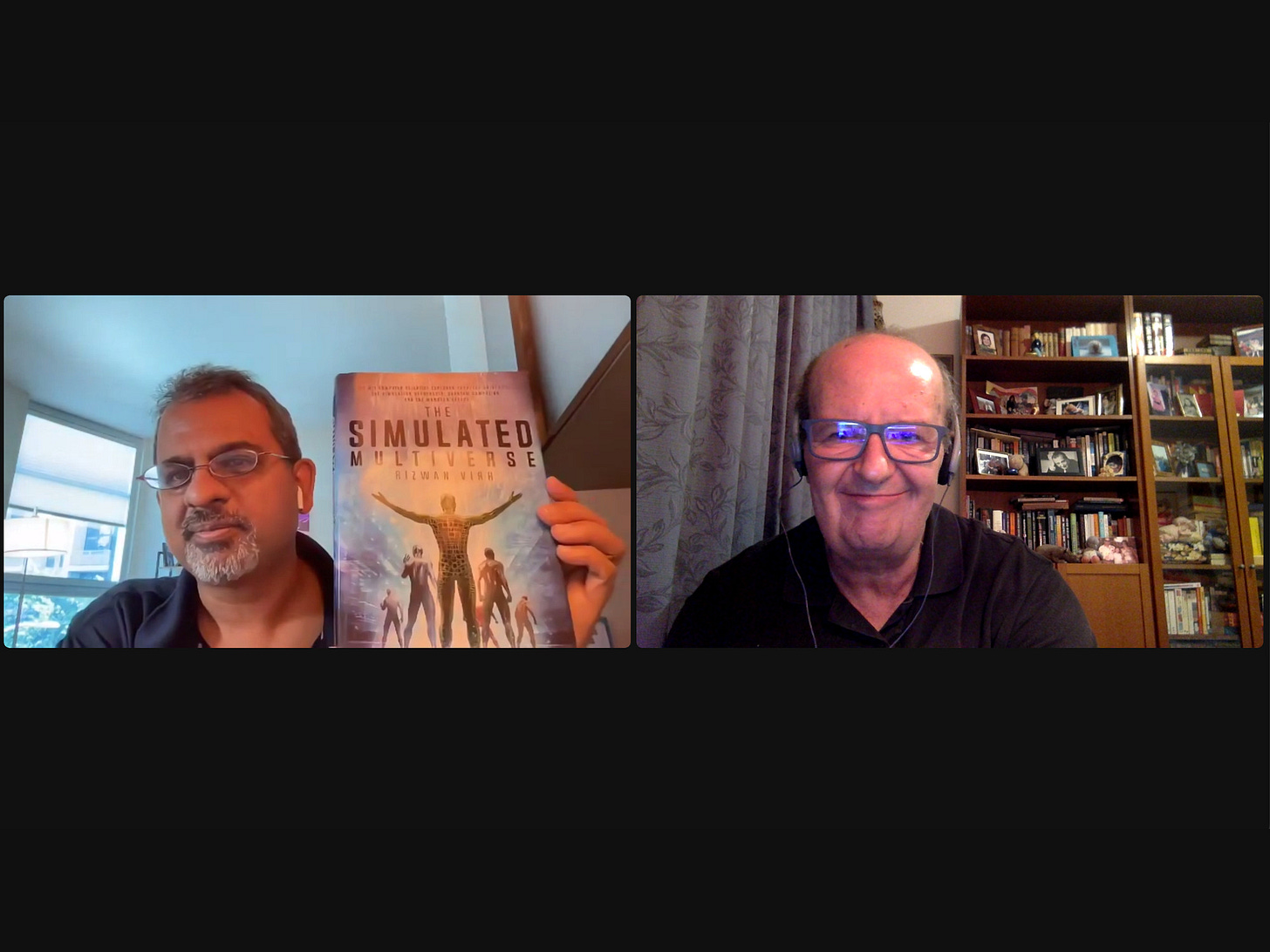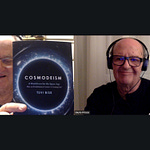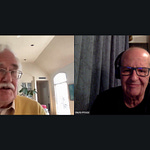This episode of the Turing Church podcast is a conversation with Rizwan Virk, the author of “The Simulation Hypothesis: An MIT Computer Scientist Shows Why AI, Quantum Physics and Eastern Mystics All Agree We Are In a Video Game” (2019, see my review) and “The Simulated Multiverse: An MIT Computer Scientist Explores Parallel Universes, The Simulation Hypothesis, Quantum Computing and the Mandela Effect” (2021, see my short review and my full review).
The video is published on this website and on YouTube.
See my reviews for short explanations of the simulation and multiverse concepts, or even better read Rizwan’s books!
In his first book, Virk explains the simulation hypothesis.
According to Virk, the simulation hypothesis “bridges the gap between religion and science in ways that weren’t possible before,” and “may just be the answer that provides a single framework, a coherent model that brings together science and religion.” I totally agree.
In his second book, Virk elaborates upon his previous book and introduces a very intriguing twist: it’s not just one timeline that is simulated, but many.
These are the questions I had prepared:
Ben Goertzel noted that your first book was spreading the simulation hypothesis to a wider audience. He said that the simulation hypothesis is “mostly bullshit,” but it does highlight some interesting issues. “It’s a worthwhile thought experiment but in the end it’s most valuable as a pointer toward other, deeper ideas,” he said. “The reality of our universe is almost surely way crazier than any story about simulations or creators, and almost surely way beyond our current imaginations.” My question is, what could these deeper and crazier ideas be?
Please say something about the literary heroes of your second book, Philip K. Dick and Jorge Luis Borges.
How can things change beyond time? What is Dick’s orthogonal time?
Is the simulator a what or a who?
Please explain the difference between NPC and RPG simulated universes.
[Short summary of Rizwan’s answer: We could be Non Playing Characters (NPC) like the orcs in World of Warcraft, or we could be real players in a Role Playing Game (RPG) like World of Warcraft. NPCs are bots that exist only inside the simulation, but players visit the simulation from outside. Rizwan prefers to think that we are players. In a simulation like World of Warcraft there can be both players and bots.]
Why does the simulator run many universes instead of just one?
You say that the simulator is “looking for better outcomes,” just like our evolutionary computing simulations explore networks of alternative timelines to find good ones. My question is, what is a “good” timeline? How could the simulator evaluate goodness?
And why doesn’t the simulator just choose the best timeline instead of computing many timelines?
[Short summary of Rizwan’s answer: Computational irreducibility prevents the simulator from knowing the outcome of a timeline without actually starting and following the timeline. Running many timelines helps finding the best ones.]
You say that the simulator is constantly creating multiple timelines, branching and merging and eliminating timelines. My question is, what happens to conscious observers when two timelines are merged? What memories do they remember?
You say that good timelines are retained, but other timelines are eliminated because it doesn’t make sense to waste computing resources on useless computations. My question is, what happens to conscious observers in the timelines that are eliminated? Where does their consciousness go?
I like that, in your simulated multiverse, unwanted timelines are eliminated and only good timelines are continued. This seems more cost-effective than Everett’s quantum multiverse of all possible worlds. My question is, are you aware of research works in this direction? For example, what about Robin Hanson’s “mangled worlds” multiverse where low probability worlds merge into high probability ones?
You mention the New God Argument of the Mormon Transhumanist Association, which is explicitly based on a simulation framework. Could Christianity and other traditional religions be reformulated in a simulation framework?
[Short summary of Rizwan’s answer: Yes, and they should.]
What concept of life after death do you offer those who need one?
[Short summary of Rizwan’s answer: If we are RPG players, we live outside the simulation and will experience other timelines after death. Rizwan agrees with my suggestion that, even if we are NPCs, we could be “promoted” and upgraded to players.]














Share this post